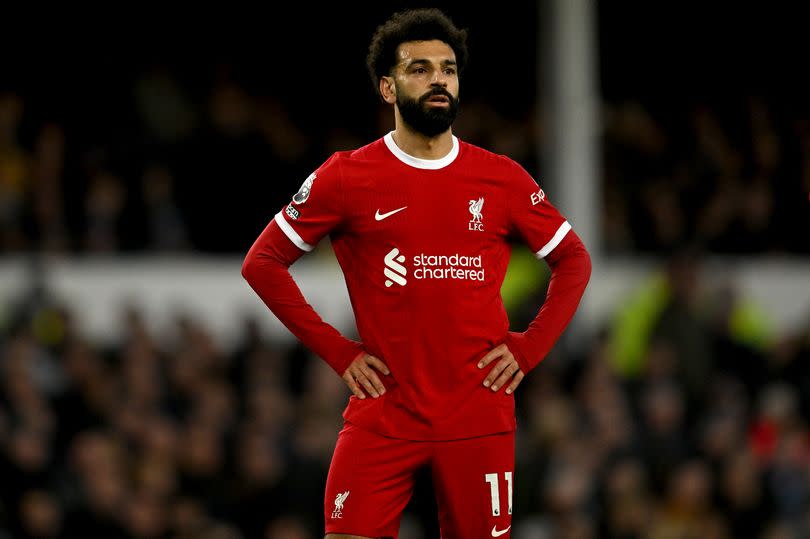Liverpool could be set for eye-watering cash injection through new sponsorship deal
Liverpool could theoretically land themselves a massive cash injection by following the approach of Manchester City’s owner-funded model or through landing a new sponsorship deal. According to research, the Reds are missing out on potentially £329m.
Liverpool’s current front of short sponsor Standard Chartered has held their place since 2010 and extended their partnership in 2022. Liverpool renewed the deal at a reported $63 million per year until the end of the 2026/27 season. Making it the joint-second most lucrative front-of-shirt deal in the Premier League. However, figures from analysts show that the Reds could be raking in more money than they currently are.
A recent study by industry experts The Sponsor, found that Liverpool could earn up to $83.4 million per year from a main shirt sponsor. The research was based on the Premier League’s Fair Market Value assessment which is designed to prevent clubs from making artificially inflated deals through owner-linked sponsors.
READ MORE: Liverpool could sign 'new Sergio Ramos' this summer if Arne Slot seals $32m transfer
READ MORE: Arne Slot just sent three ideal Liverpool messages amid transfer admission and new season promise
In essence, if Fenway Sports Group were to follow suit of City’s UAE-funded airline Etihad deal. The Reds could earn $416.9 million in revenue if a deal was signed through one of their subsidiary companies within the rule and matching the five-year contract length currently held with Standard Chartered.
However, whether John Henry and FSG would want to make such a deal is uncertain. In September last year, FSG agreed to sell a minority stake in the club reportedly worth between $103.9 million and $207.8 million to Dynasty Equity. Their long-term future at the reigns of Liverpool is also unknown.

Therefore it would seem unlikely that such a sponsorship model would materialise given a deal of that formation would essentially mean FSG would be taking money out of one pocket and putting it into another one.
That approach would contradict Henry’s mindset with him wanting a substantially larger return on the $380 million he paid to acquire the club back in 2010. Seeing a sponsorship from outside of the FSG sphere as the most obvious to suit his ambitions.

 Yahoo Sport
Yahoo Sport 






































